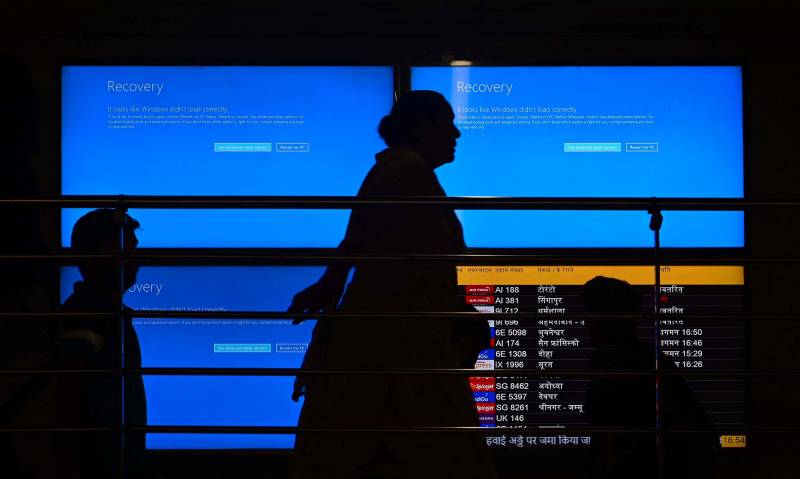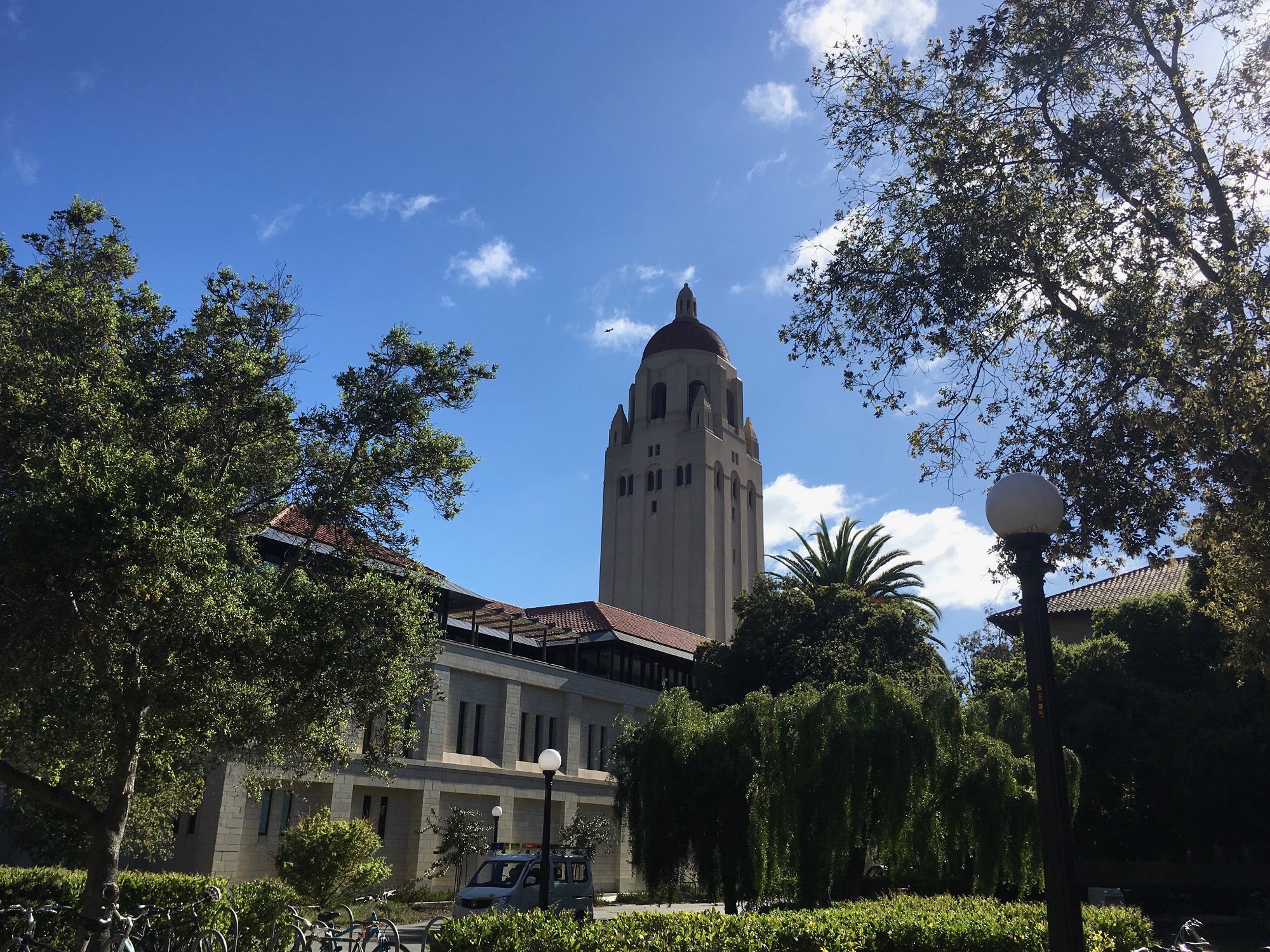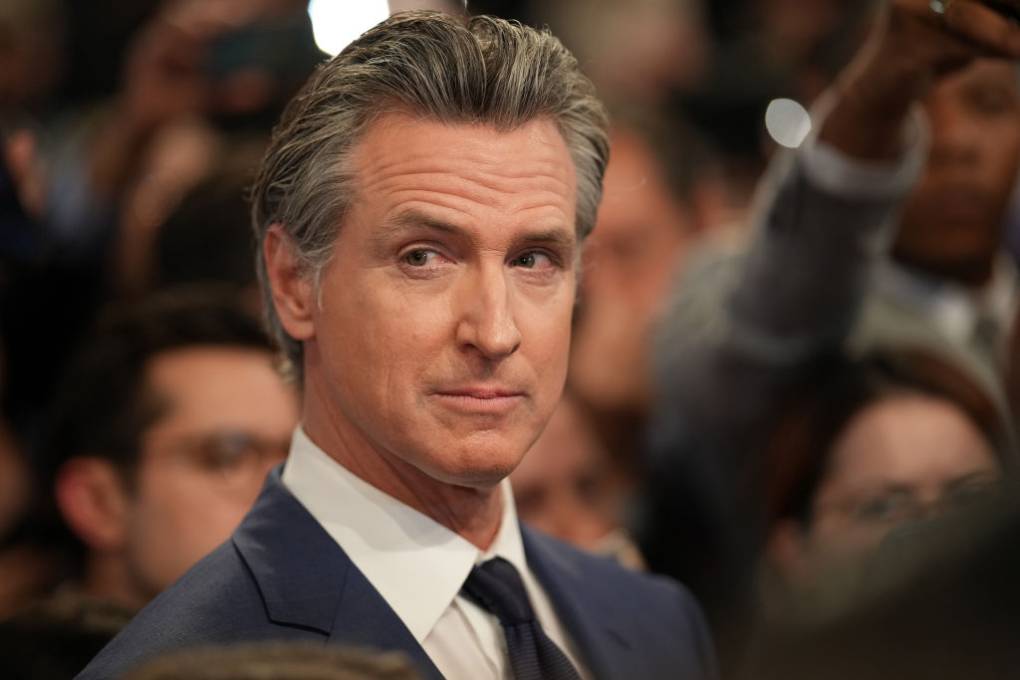Tensions between Washington, D.C. and Silicon Valley’s cybersecurity lions have been running high this year, in large part because of controversial staffing cuts at the nation’s top cyber agency, the Cybersecurity and Infrastructure Security Agency (CISA). Cyber leaders have also decried what they call President Donald Trump’s “political persecution” of former CISA Director Christopher Krebs.
But at Stanford’s Hoover Institution on Wednesday, a surprisingly collegial House Homeland Security Field Hearing on U.S. Cybersecurity Challenges featured broad agreement on a host of urgent issues.
Lawmakers and experts alike expressed fear of the growing sophistication of cyber attacks like Salt Typhoon and Volt Typhoon on public and private organizations. Committee Chair Mark Green, a Republican of Tennessee, said it was no accident this field hearing was held in Silicon Valley.



